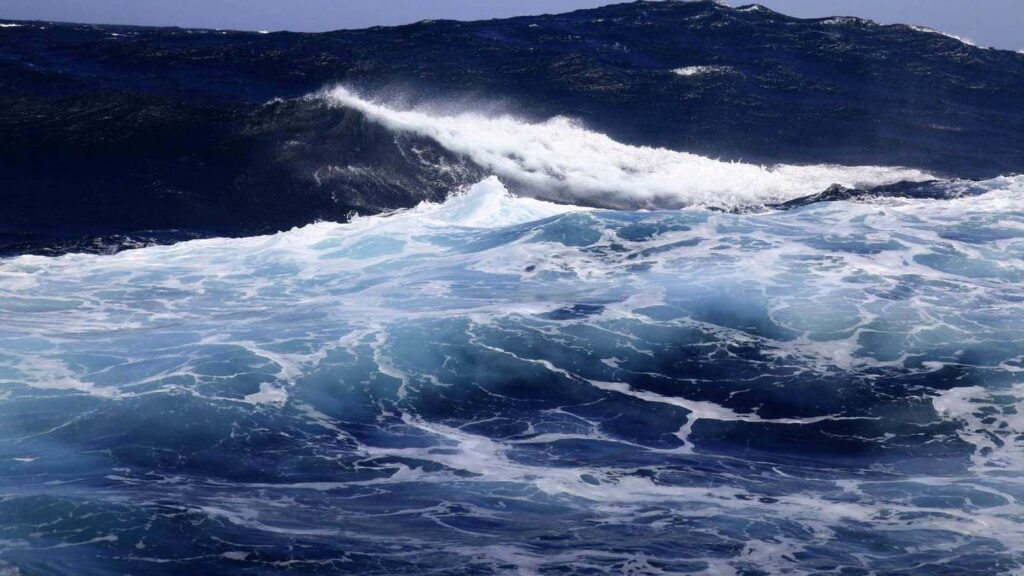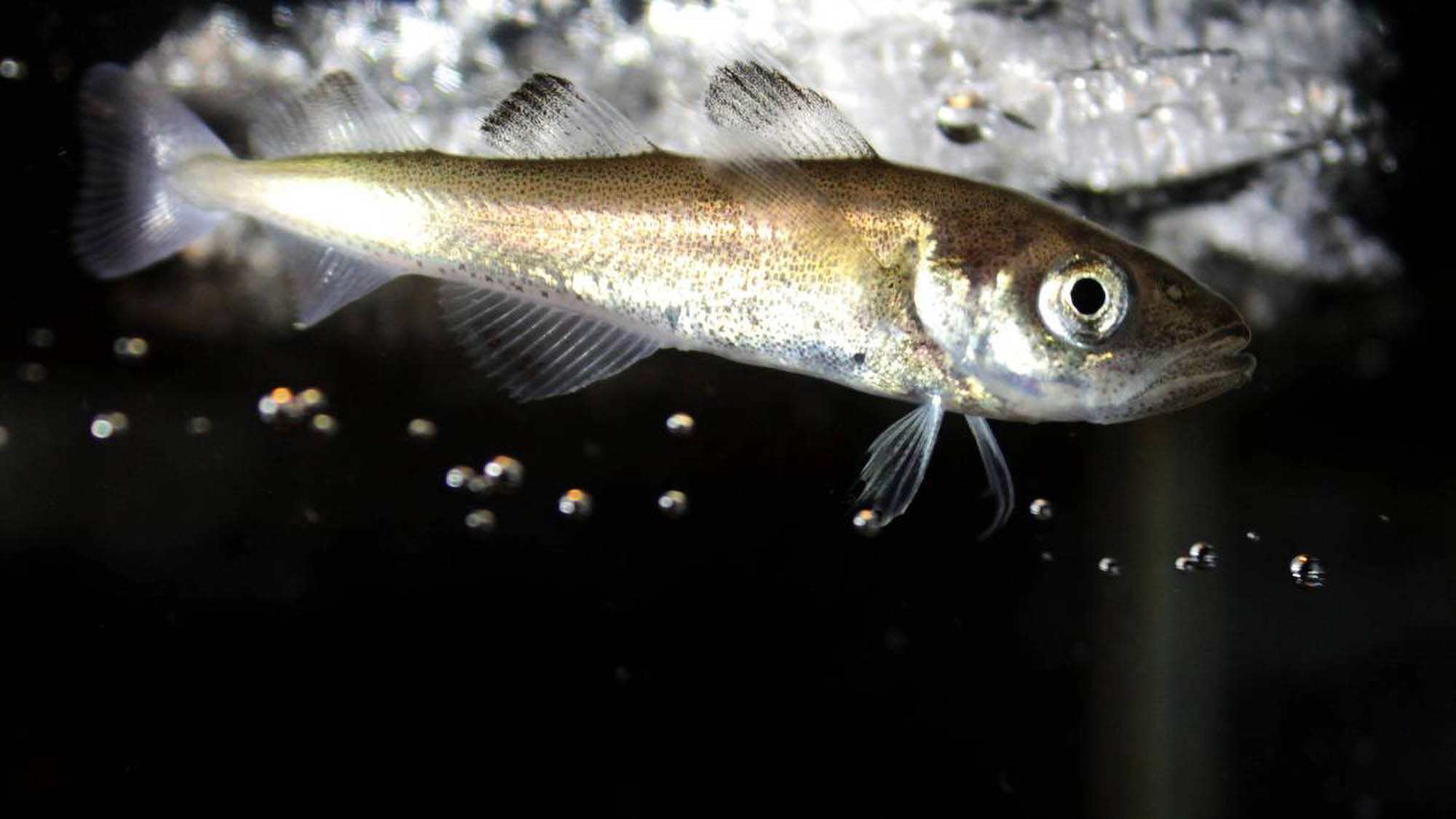New research has predicted that climate change could intensify the summer acidification of the Arctic Ocean by up to 25 per cent leaving the ecosystem with severe consequences.
Experts from the Alfred Wegener Institute (AWI) reported that Earth’s oceans have absorbed over a quarter of all anthropogenic carbon dioxide from the atmosphere in the past 200 years.
This according to the researchers, has increased their acidity by approximately 30 per cent since the beginning of the Industrial Revolution.
It has furthermore made the water’s pH value unstable as it varies both seasonally and regionally, while the lowest values occur in winter.

But even this could soon swap if climate change shifts the lowest pH values to summer leading to serious consequences for life in the ocean.
The scientists from the Helmholtz Centre for Polar and Marine Research explained that sea organisms reach the peak of their biological activity in summer.
But as acidification is expected to intensify by up to 25 per cent until the end of the century this could largely affect most of the marine organisms in the Arctic Ocean.
In addition, as carbon dioxide levels in warmer waters rise, the acidification would reduce sea organism’s ability to put up with more intensive summer heat.
In the study, the experts analysed simulations of 27 Earth system models and prepared future climate scenarios.
The research was conducted in collaboration with France’s Laboratory for Sciences of Climate and Environment (LSCE, part of the CEA), LOCEAN – Laboratory of Oceanography and Climatology, and Institute Pierre-Simon Laplace (IPSL) to produce the results.

AWI biologist and climate researcher Hans-Otto Portner said in a statement obtained by Newsflash: “These new findings spell trouble for some types of Arctic fish, like the polar cod, which are already threatened by climate change.
“The projected high temperatures will push Arctic fauna to their thermal limits or even beyond, particularly with regard to life stages in which they’re more fragile.”
LSCE and IPSL researcher and first author of the study James Orr added: “Who would have thought that climate change could shift the time of maximum acidification by six months, when studies on seasonal biological rhythms only projected shifts of up to roughly a month?”
LOCEAN and IPSL scientist Lester Kwiatkowski said: “The fascinating thing about this study is the fact that the chemical winters will actually become chemical summers,.”
The study was published in the British weekly scientific journal “Nature” on Wednesday, 5th October 2022.
To find out more about the author, editor or agency that supplied this story – please click below.
Story By: Georgina Jadikovska, Sub-Editor: Marija Stojkoska, Agency: Newsflash
The Ananova page is created by and dedicated to professional, independent freelance journalists. It is a place for us to showcase our work. When our news is sold to our media partners, we will include the link here.




